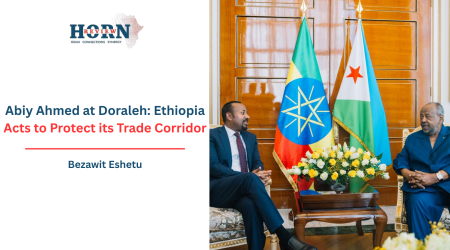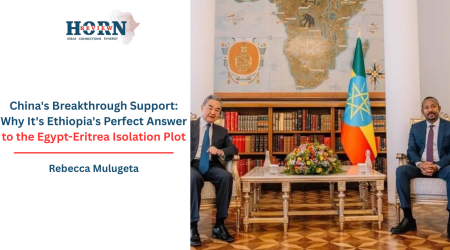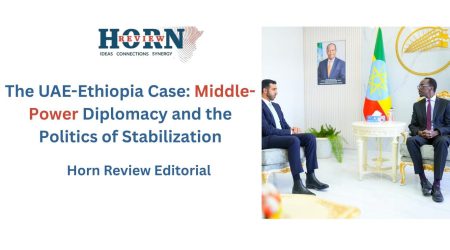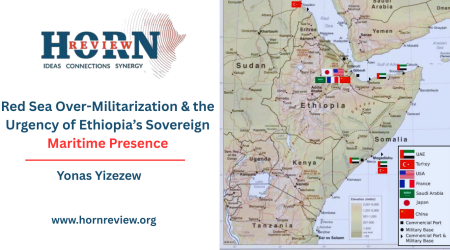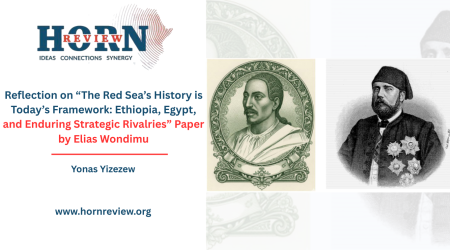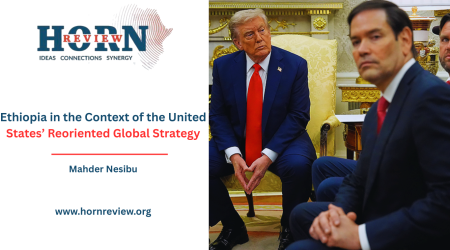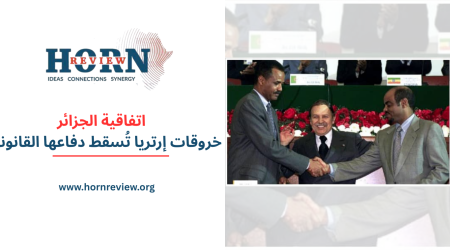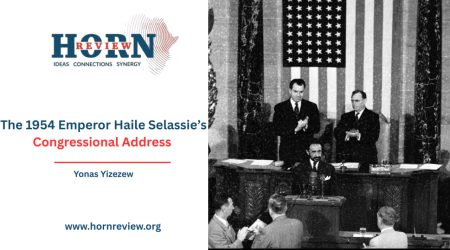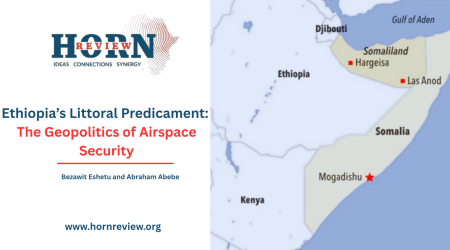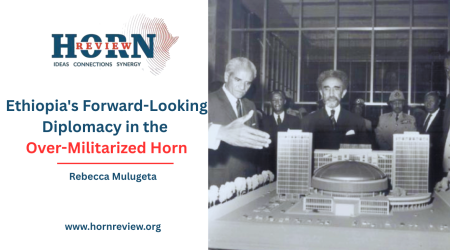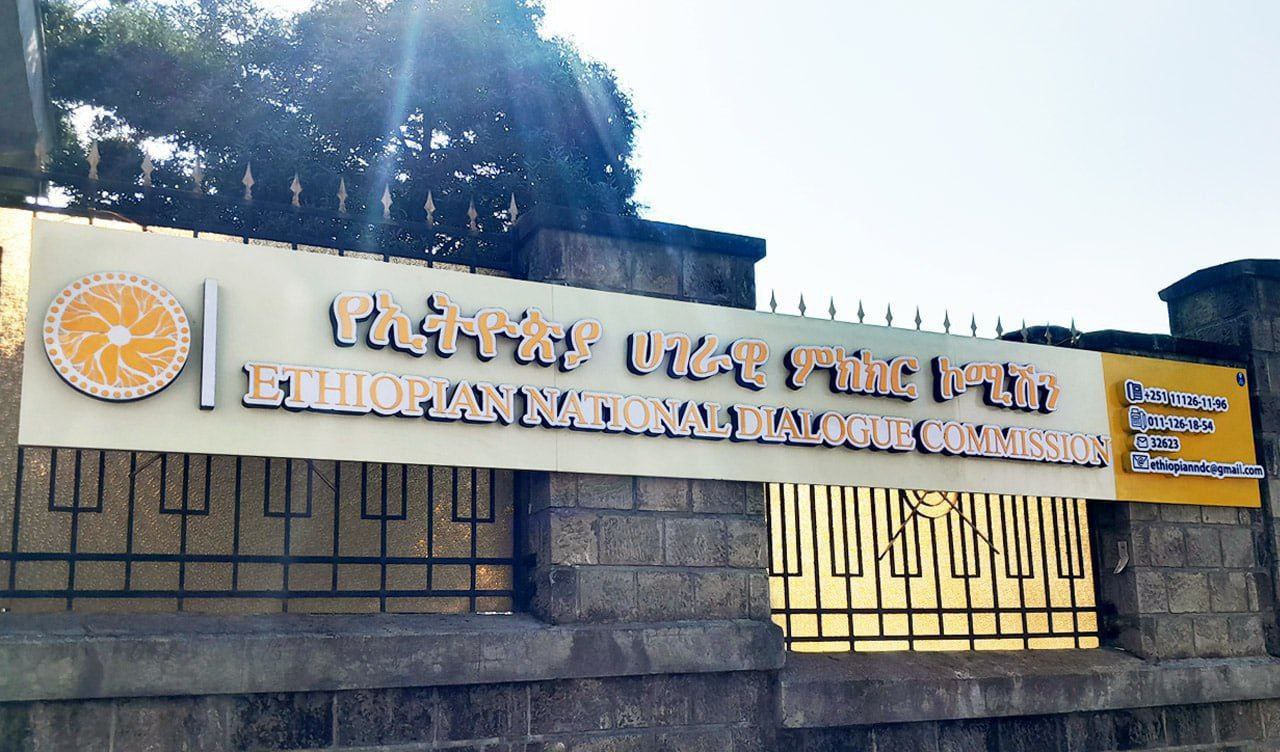
8
Jul
Ethiopia’s National Dialogue: Navigating Pluralism, Crisis, and Reform
Ethiopia’s political arena is defined by deep pluralism: competing narratives of its history, varying interpretations of its emblems, such as the flag and its revered figures and an enduring debate over whether its citizens form a single people or distinct “nations and nationalities” (Heinrich Böll Stiftung, 2024). Layered atop these divergent perspectives are enduring grievances rooted in historical misinterpretations, systemic marginalization, unequal access to power and resources, widespread poverty, and a host of socio-economic and political disparities. This together have forged a complex and often tense political, cultural, and economic environment and set back effective nation building in the country.
Nation-building in Ethiopia remains fiercely debated, and efforts to reach agreement have been anything but straightforward. Rival narratives have sparked a war of visions over the country’s history and its path forward, evidenced under the country’s history of war (ibid). Successive governments have bolstered these competing narratives through policies that alternately marginalized or assimilated various groups or tried to do so using force. In doing so, they’ve deepened the rifts between state and society and sown division within communities, fueling enduring conflicts in Ethiopia’s political sphere. On top of that, the Ethiopian political elite and intellectuals were divided on the root causes of the governance crisis in the country. Some believed it was primarily a matter of class struggle, while others focused on the question of nations and nationalities, making the process more burdensome.
Given how complex the political environment is, it became necessary to ground any meaningful path forward in a thorough understanding of the historical factors that shaped the present backdrop. Addressing contested issues required a thoughtful and balanced approach, one that seeks consensus and builds common ground to manage present challenges and anticipate future scenarios. Moreover, Ethiopian federalism faces major obstacles rooted in assumptions of unity, ambiguous definitions, unequal representation, and the exclusion of individuals with mixed or pan-Ethiopian identities. Overcoming these issues demands a thorough review of the current framework and a dedication to safeguarding the rights and voice of every Ethiopian. Continued dialogue and targeted reforms are vital to forging a more inclusive and just federal system.
It was within this context that the Ethiopian National Dialogue Initiative was launched. The need for comprehensive dialogues has never been pressing than it is today. The initiative’s primary objective is to facilitate national consensus and maintain the country’s integrity. The emergence of this initiative is not merely a procedural milestone, it reflects a shift from rigid statecraft to conflict-sensitive governance aimed at reconciling divergent societal interests.
Before that, the Ethiopian Peoples’ Revolutionary Front (EPRDF) faced mounting pressure from popular protests, which led to significant internal changes within the party. In 2018, a new administration emerged in direct response to widespread demands for reform. This period marked the beginning of earnest conversations among civil society groups including the Multi-stakeholder Initiative for National Dialogue (MIND), Ethiopians for Inclusive Peace (EID), and others, all emphasizing the urgent need for a national dialogue. The government’s commitment to this process became formalized on December 29, 2021, when the House of Peoples’ Representatives approved the establishment of the Ethiopian National Dialogue Commission (ENDC) through “Proclamation 1265/2014”. This proclamation outlined the creation of a diverse and inclusive commission composed of eleven commissioners without any party affiliation.
By early May 2024, it had concluded its agenda-setting consultative chapter in Addis Ababa, reaching out to citizens across urban neighborhoods and remote villages through community forums and public outreach. However, the historical milestones surrounding this process are not immune to contentious interpretations, especially in the context of Ethiopia’s current federal structure, constitutional debates, and ongoing calls for national reconciliation. The challenge of achieving consensus in Ethiopia is compounded by the country’s deep ethnic, cultural, and linguistic diversity.
Historically, the EPRDF’s tendency to centralize authority and act in a vanguard style of governance has impaired the capacity of regional states to engage in the institution-building needed to serve their populations. Despite these entrenched challenges, the Commission’s inclusive dialogues have notably benefited marginalized groups, such as pastoralists and nomadic cultivators on the periphery, who previously felt excluded. It engaged these groups and integrated their perspectives into the national agenda, fostering a greater sense of inclusion and shared ownership.
From the outset, widespread disputes and ongoing armed conflicts including the Tigray war, posed serious obstacles to the idea of national dialogue and the early efforts of the Commission. When it was established in late 2021, Ethiopia was still engulfed in the Tigray war, and many argued that meaningful dialogue could not proceed without first halting the fighting. However, the initiative sought to forestall such wars and avert future conflicts by fostering a broad-based consensus.
Civil society initiatives and other efforts, both behind the scenes and publicly, originally pushed for national dialogue. The government itself had also established the Ethiopian Reconciliation Commission (ERC) with a three-year mandate in late 2018, contributing to the broader discourse on dialogue. National dialogues can serve as platforms to defuse tensions, address political crises and stalemates, achieve consensus among key actors, lay the foundation for new institutional arrangements, and facilitate transitions from civil conflict. These mechanisms are widely used to reform political, social, and economic systems. In countries with deep-rooted ethnic tensions, such as Ethiopia, inclusive and meaningful dialogue is essential for sustaining peace. The national dialogue is intended to address the ongoing political crisis and preserve the country’s unity by fostering a path toward national consensus, particularly among key interest groups and stakeholders.
The core principles of national dialogue that must be adapted to the local context include inclusivity; transparency and public engagement; a credible and impartial convener; a clear mandate with well-designed structures, rules, and procedures; an agreed mechanism for implementing outcomes; consideration of foreign influence; and a deep understanding of the prevailing political environment.
In order to do this, the ENDC has made notable efforts to enhance public participation by reaching out to citizens in remote areas and promoting the initiative through diverse channels, including community spaces and public transportation services. It has clearly defined its mandate and established a tailored institutional structure to support its objectives. However, despite these efforts, the initiative has not received the level of credibility it merits, in part because certain actors stand to benefit from undermining it. Misunderstandings among segments of the public have also posed challenges to its effective implementation.
For a country like Ethiopia, which is navigating a complex period of transition, the achievements of the Commission have been significant. As an initiative aimed at fostering national unity and integrity, it warrants greater credibility and recognition for its role in promoting dialogue and reconciliation. What some of the public often fails to grasp is that such an initiative is not a short-term undertaking. Given Ethiopia’s deeply rooted challenges such as ethnic tensions and divisive narratives, it will take decades to cultivate a shared national understanding and foster a generation with the capacity to move beyond these entrenched mindsets. National dialogue, therefore, must be seen as a long-term process aimed at building sustainable unity and mutual understanding.
Once a national dialogue consensus is achieved, its impact could serve as a model for regional security and stability. With a large and diverse population like Ethiopia’s, other countries could draw important lessons from its experience, contributing to broader international peace and security. It would also help reduce the risk of proxy conflicts in the region and create a sense of hope and reassurance in neighboring states. As Ethiopia plays a key role in shaping regional agendas, advancing democratization and promoting stability through dialogue would be a significant step forward.
Hence, regions and countries should recognize and adopt such initiatives for their own benefit. This would help reduce terrorism, encourage constructive political dialogue, and strengthen regional integration. Grassroots efforts like this contribute to long-term stability and development. Therefore, the international community should offer its full support.
By Yonas Yizezew,Researcher,Horn Review
References
- Ethiopia’s National Dialogue: Issues and Potential Scenarios (July, 2024). Heinrich Böll Stiftung – Horn of Africa Unit
- Blunck, M., Vimalarajah, L., Wils, O., Burg, C. V., Lanz, D., & Mubashir, M. (2017). National dialogue handbook: A guide for practitioners. Berghof Foundation.
- Harlander, J. (2016). Supporting a national dialogue: Dilemmas & options for third parties. Mediation practice series. Geneva: Centre for Humanitarian Dialogue.
- Barnes, C. (2017). Dilemmas of ownership, inclusivity, legitimacy, and power. In Towards transformative national dialogue processes (p. 46).

